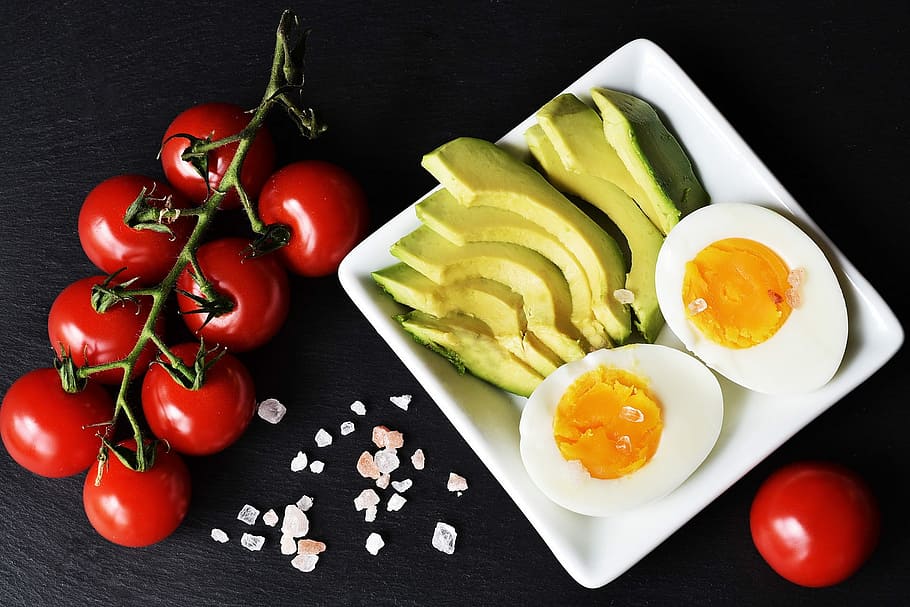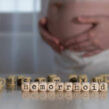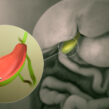What is the ideal diet after hernia surgery? Are there any major restrictions on diet, or should they avoid certain foods to improve healing? There are a lot of dietary myths among our patients when it comes to recovering from surgery.
Common Diet-Related Misconceptions
Many people believe that their post-surgery diet needs to be heavily restricted to ensure proper healing and prevent potential issues. Some of the Common myths about diet after hernia surgery are:
- Pulses should be avoided
- Non vegetarian foods are a big no-no
- Certain diets increase the chances of infection
But the fact is that there are no major dietary restrictions after a hernia operation.
High Protein Diet
A hernia operation is done on the abdominal wall and the muscles of the abdomen. In a hernia operation, we do not touch or manipulate the intestine or digestive tract. Thus, we advise patients to take a very high protein diet because we need the tissues to rebuild, we need the muscles to rebuild, and we need a good recovery of muscle strength after a hernia operation. Hence, they are advised to take a very high-protein diet.
Alternative Sources for Vegetarians
Vegetarians are advised to take alternative sources of protein or even a protein supplement. There are no restrictions on taking a non-vegetarian diet or eating meat after a hernia operation. They must take adequate fibre because, after a hernia operation, it is always advisable not to have constipation. The stool has to be kept soft. Hence, they should be encouraged to take adequate fibre and adequate fluids.
There is, as such, no food item that is restricted or to be avoided after a hernia operation. Dietary advice may be different for a patient undergoing some other operation on the intestine, where we have specific dietary charts made for them. However, as far as diet after hernia surgery is concerned, patients need not worry. Patients are free to eat whatever they want. Make sure they take adequate protein, adequate fibre, and a good amount of fluid.



